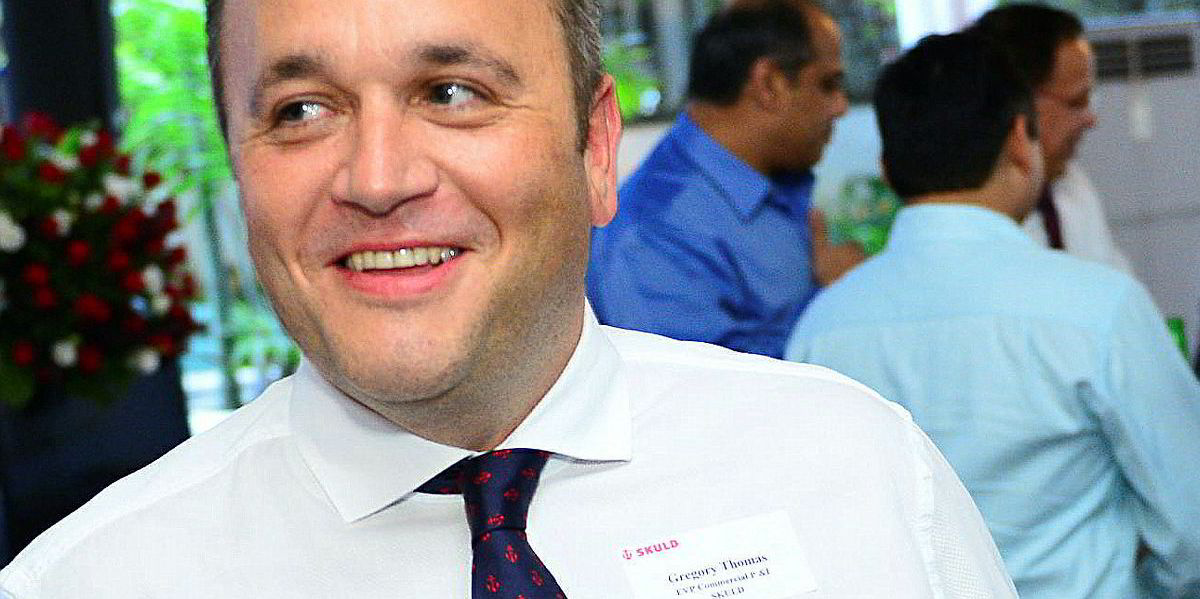Marine insurers that bring capital but lack expertise and an increasing commoditisation of the hull market are two of the most often-heard complaints from old-school underwriters who pride themselves on their knowledge of shipping and risk.
But as the market slowly evolves towards the ultimate commoditisation of automated insurance pricing, some brokers are now bucking the trend by adding services and expertise to their offerings.
One example is protection and indemnity insurer Skuld. Part of the mutual's rationale for entering the Lloyd’s of London market as a syndicate four years ago was that it could bring specialist knowledge of insurance services and shipping safety to the hull and machinery market.
Its plan has not worked so far, filing consecutive years of losses. But its figures are slowly improving and it believes that its expertise will put it at an advantage once more capital leaves the London market.
Differentiating services
Skuld business development officer Greg Thomas says that although being a pure marine player might be viewed as a handicap, given the moribund state of the hull market, the mutual can at least differentiate itself by the service it provides.
“I do not think it is easy for anyone to make a profit in this market but we have started remedial work to clean up the marine book and we are getting back on track,” he says.
“But rather than someone who is just lending their name to the marine market.
“For us, it is all about specialisation and service, through Skuld we are able to offer much more than just a [insurance cover] slip. We can offer the same level of service not just in P&I but also in hull and machinery.”
When underwriter Neon launched the Orca Insurance Agency in Copenhagen to underwrite in Scandinavia on behalf of its Lloyd’s syndicate 2468, it looked beyond simply selling insurance products.
The move came as Lloyd’s announced its decision to put pressure on syndicates to improve profitability.
Supplying expertise
But rather than seeking to minimise costs under Orca, which is headed by chief executive Lars Hendriksen, it came to the market seeking to add value by supplying engineering and risk consultancy services.
Neon chief executive Martin Reith says that despite the soft hull market, it is continuing with a philosophy that is based on “a commitment to a technical approach, based on considerable experience and expertise”.
At the time, Hendriksen said: “We believe we have a compelling and differentiated client offering, underpinned by a blend of technical knowledge and strong risk selection.”
The move towards digital technology is also raising serious questions for brokers with platforms, such as blockchain, potentially leaving them out of the marine insurance chain.
Embracing technology
Marsh global marine practice leader Marcus Baker welcomes the move towards new technologies, saying it opens the door for more informed pricing and greater transparency for the customer.
“A lot of clients do not know why they pay what they pay,” he says.
But it also is a challenge to brokers that they could respond to by bringing more value.
“We need a different approach,” he says.
Risk avoidance is one area brokers could move into, he says. While another is developing smarter insurance products now that some are looking their age.
“The ticket to trade most clients are buying is the same as they have been buying for the past 100 years,” he says. “But there are lots of ways to skin a cat and the new technology will allow for product development.”






